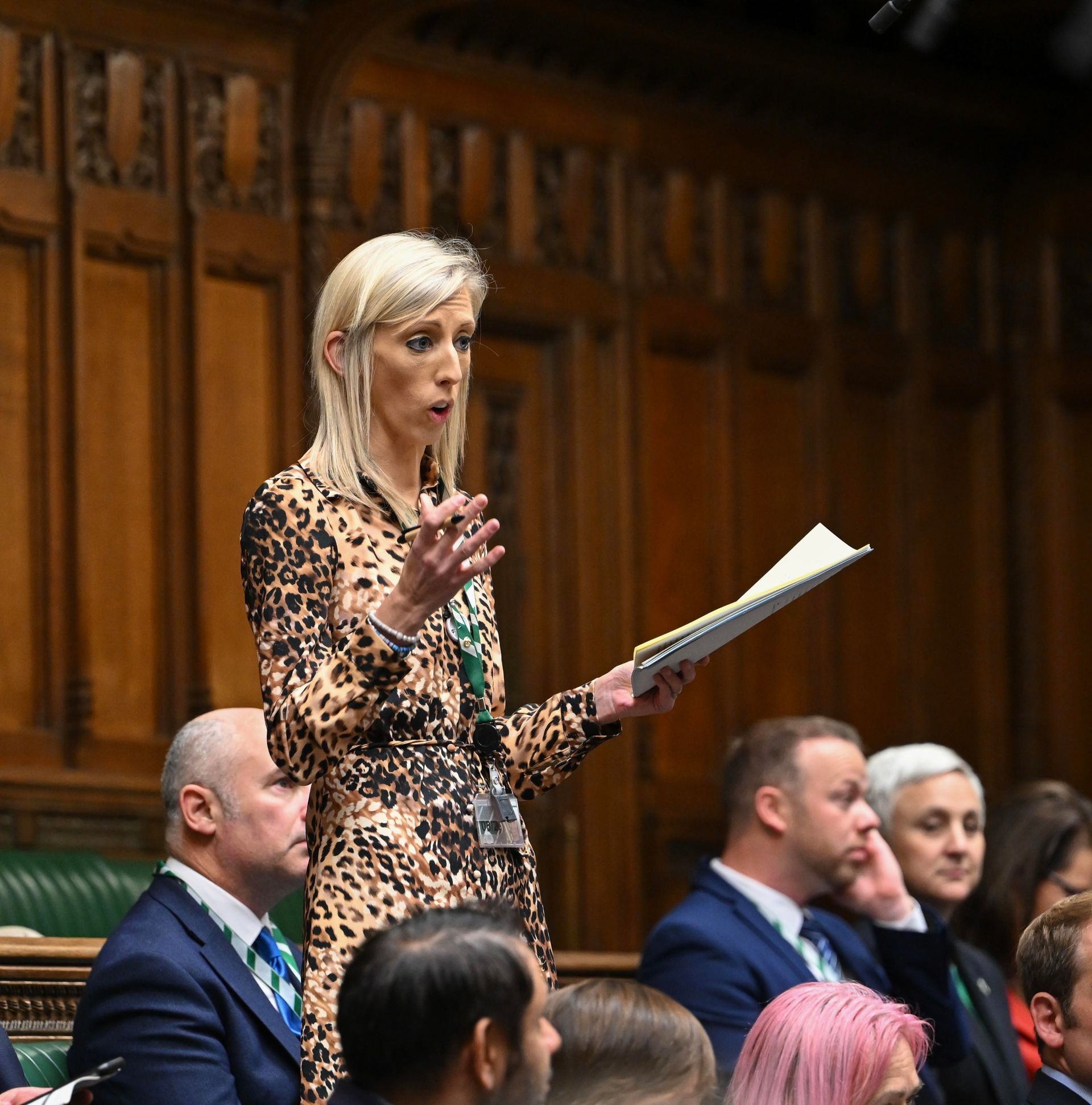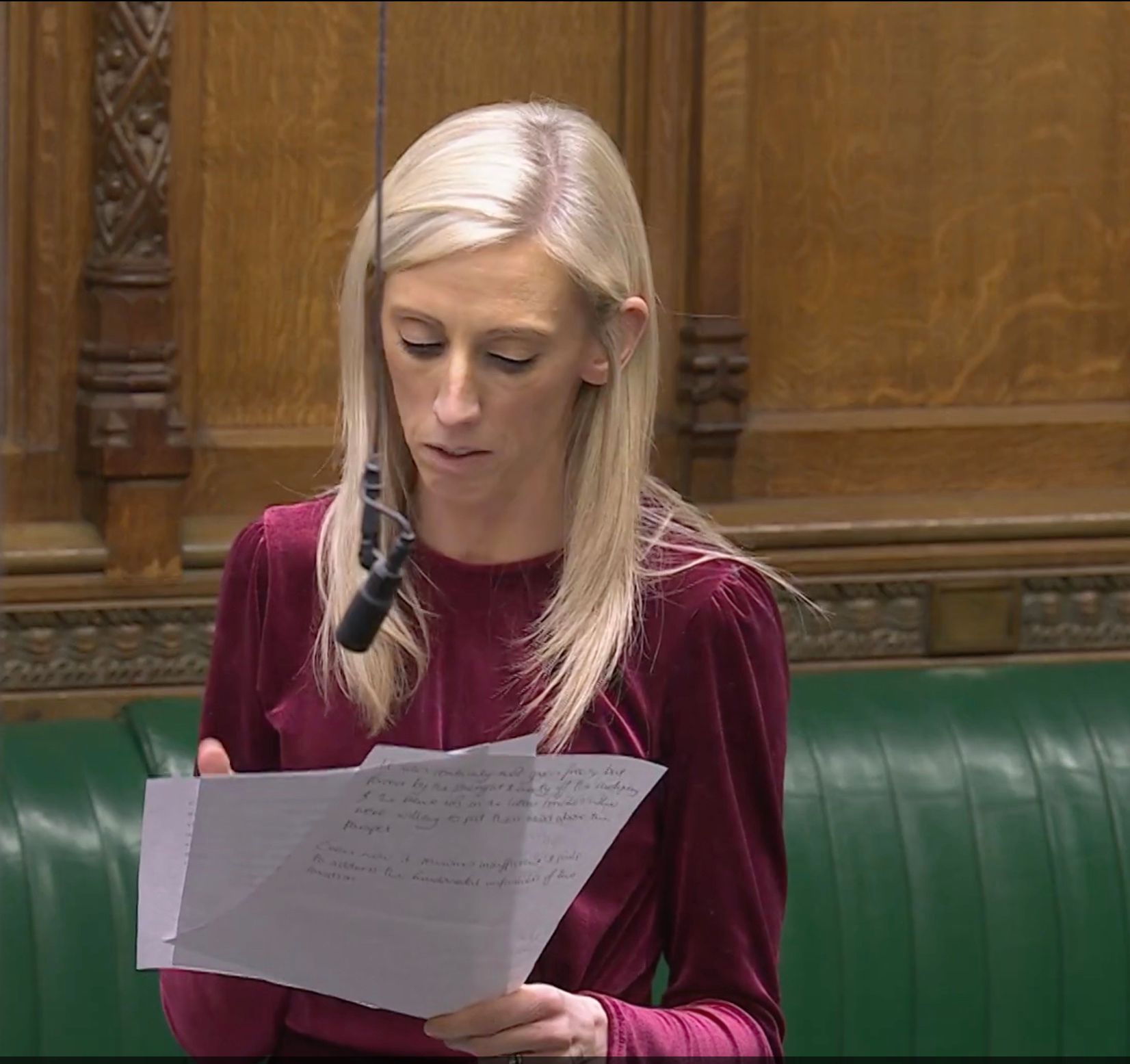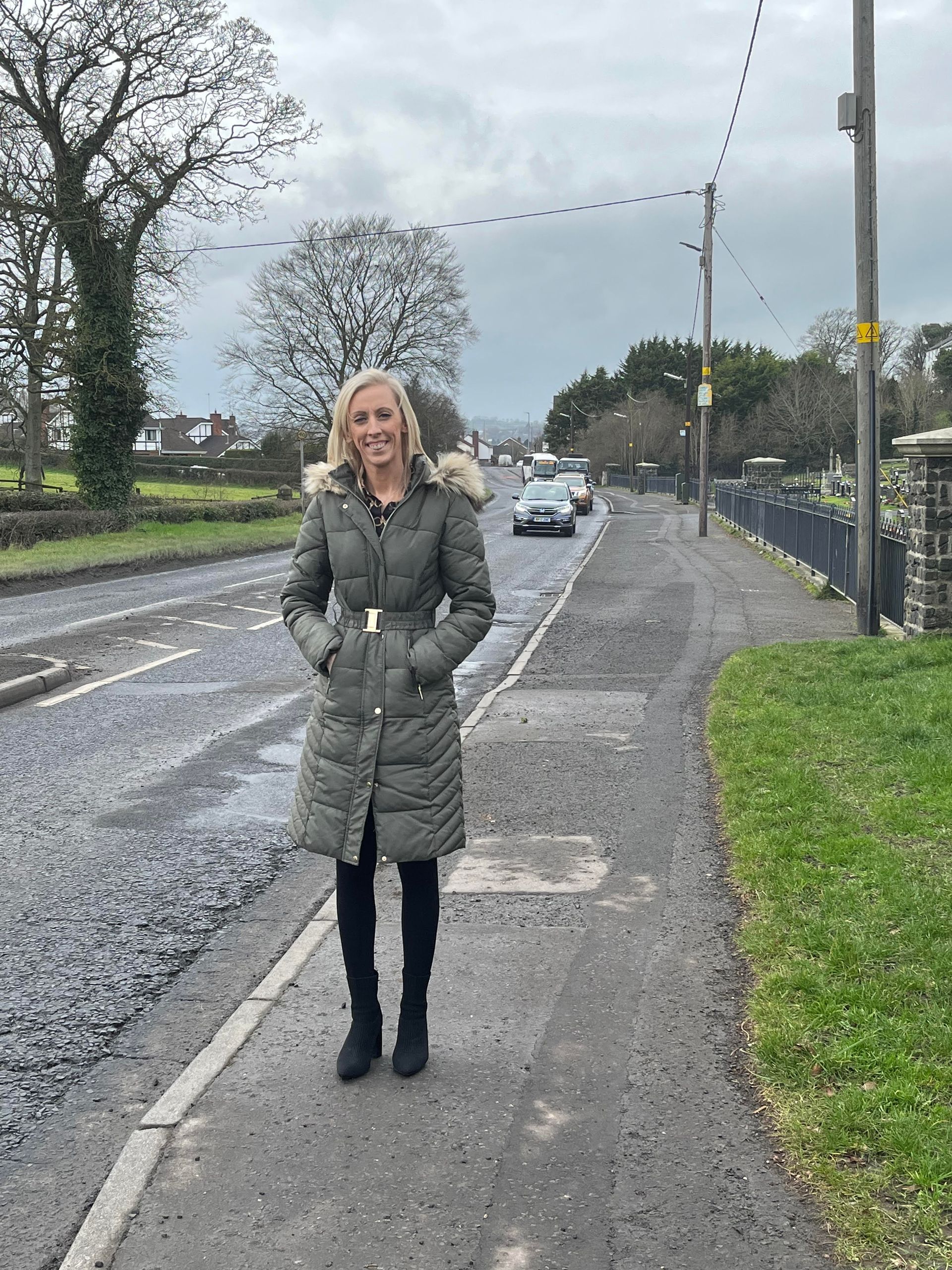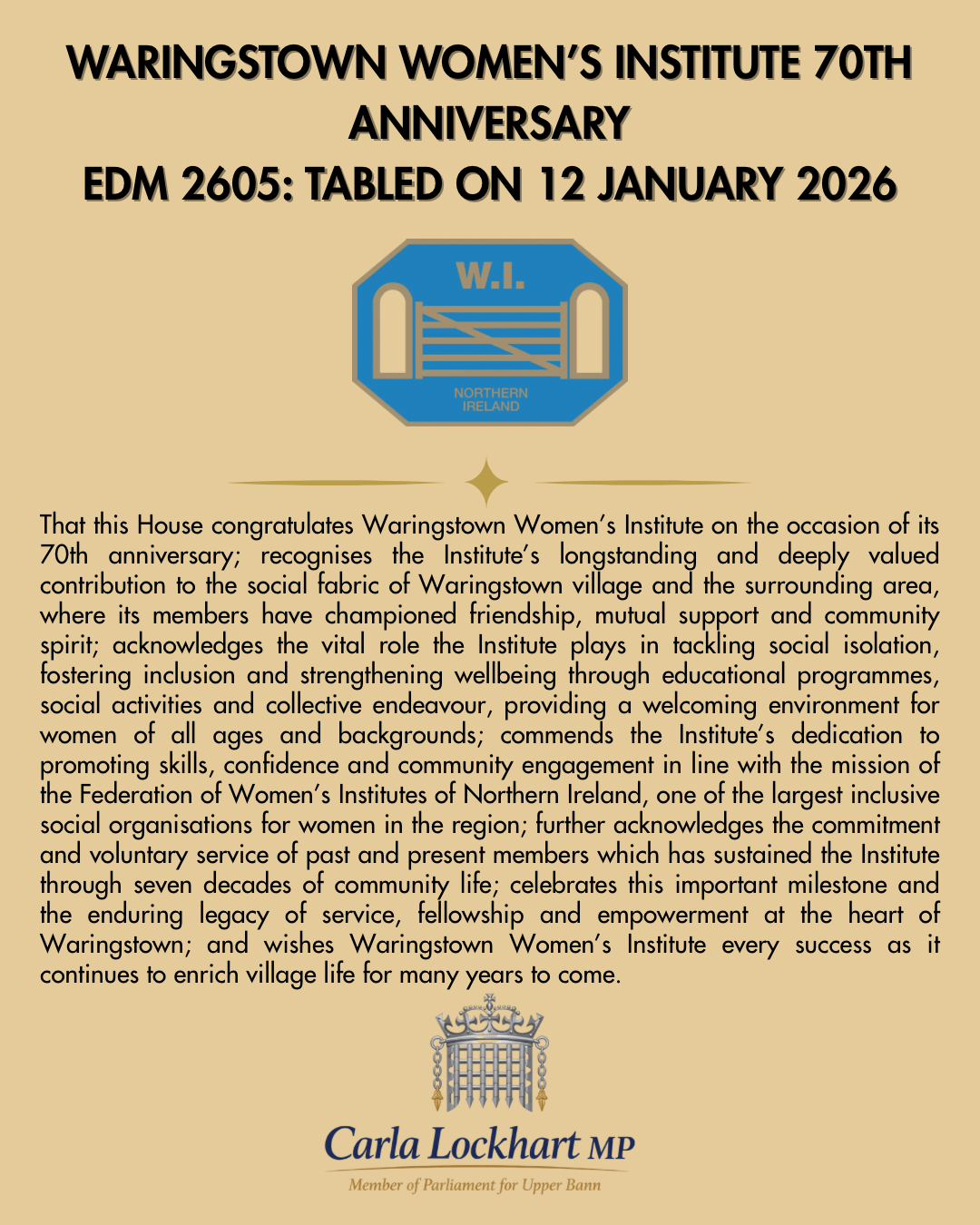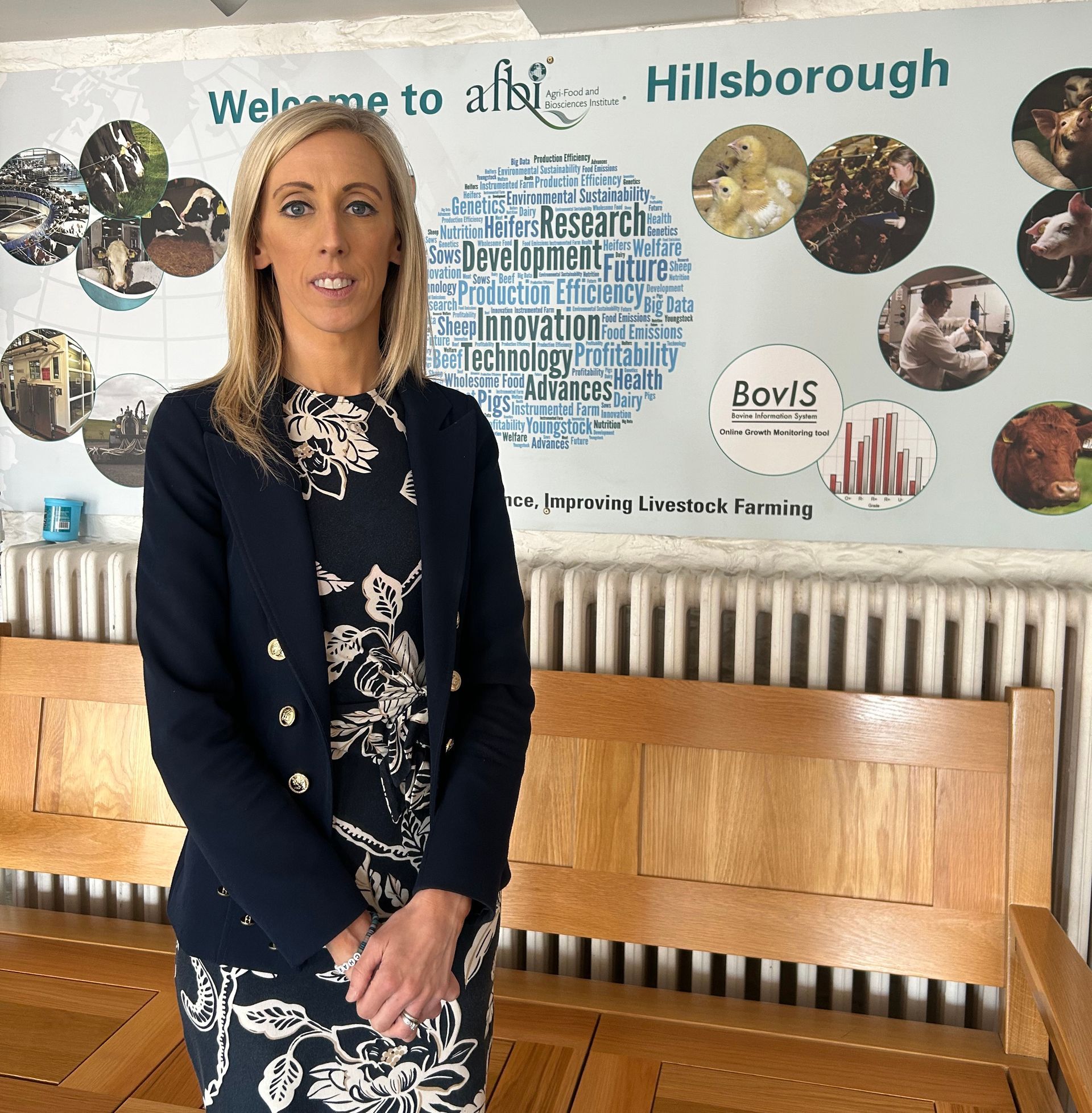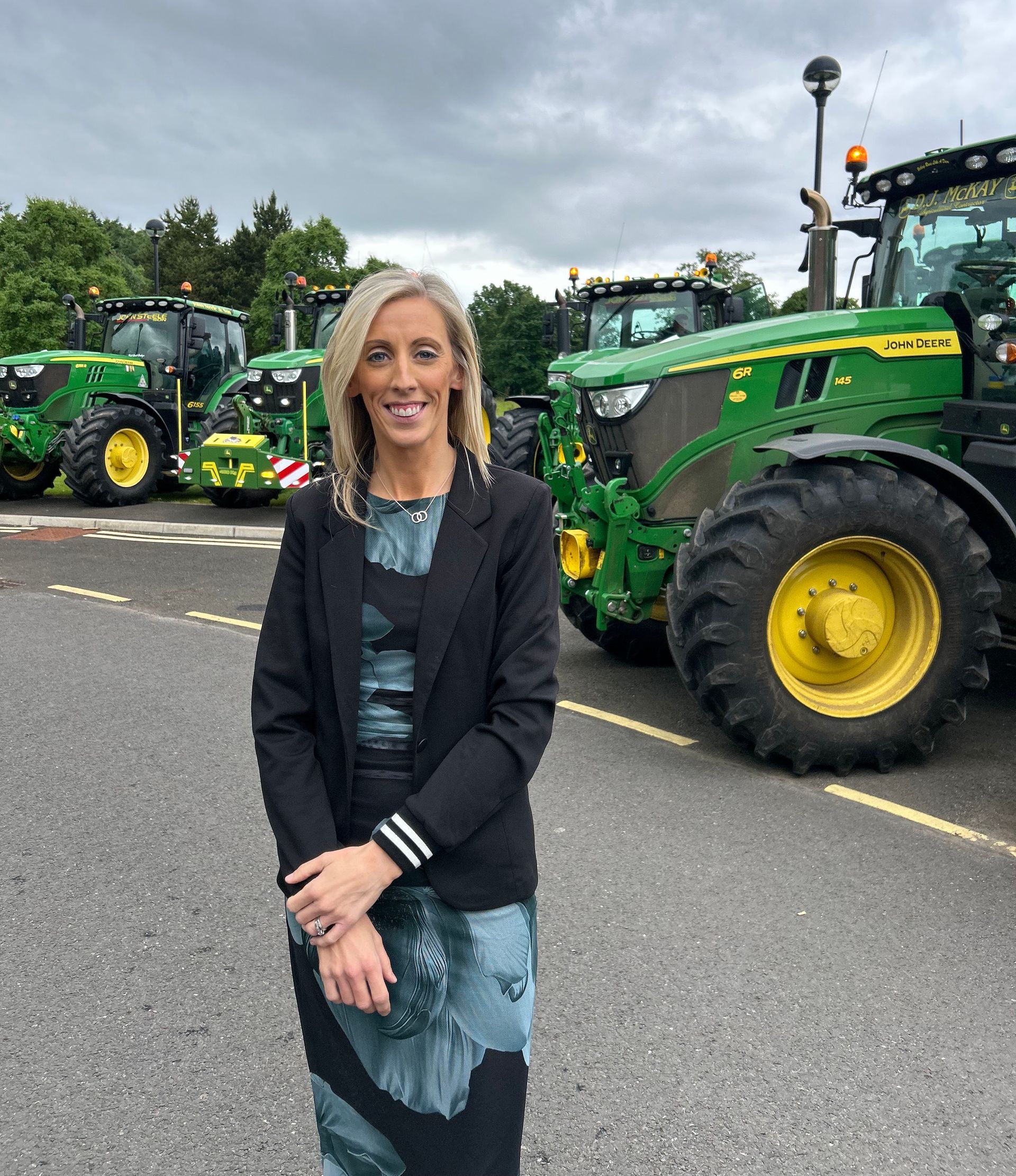MP in robust exchange with DAERA officials over NI nutrient action plans
Upper Bann MP Carla Lockhart has had a robust exchange of views with DAERA officials in charge of rolling out the Nutrients Action Programme (2026-2029).
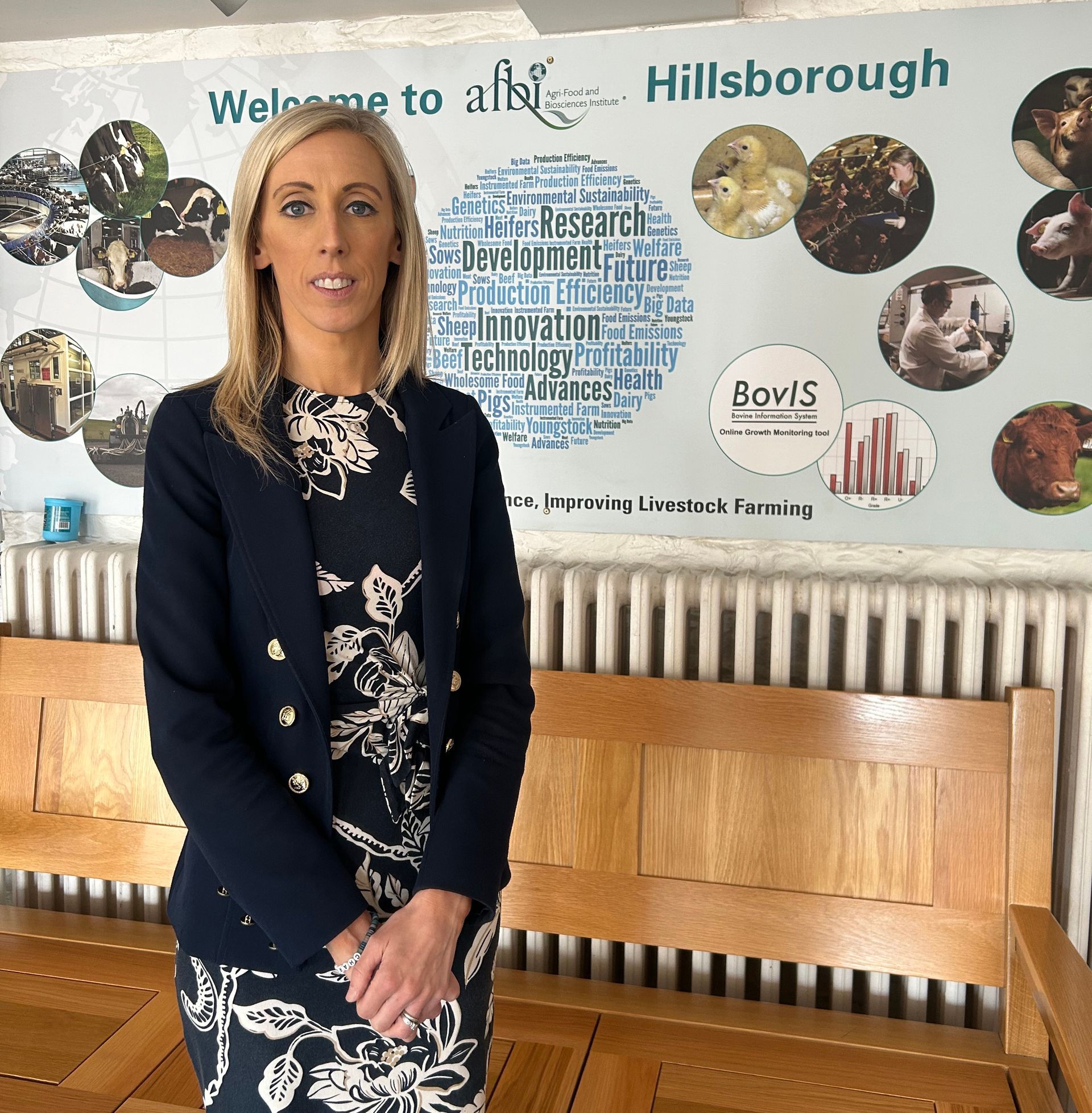
During this week’s meeting at the Agri-Food and Biosciences Institute at Hillsborough (AFBI), the DUP’s Westminster agriculture, environment and rural affairs spokesperson, made it very clear that her party will not be supporting the draconian NAP proposals unveiled and driven by DAERA Minister Andrew Muir.
“The Minister’s latest plans, which include strict phosphorus limits and top-heavy enforcement rules, have stirred up a hornet’s nest and there is escalating anger and anguish among livestock farmers, especially those operating large farm holdings within the dairying, pigs and poultry sector.
“The latest plans are not only damaging, they have the potential to decimate our agri-food industry and local economy. The fall-out from this alongside the Chancellor’s pending changes to historic inheritance tax relief will be immense. Agriculture, jobs and food security will be severely comprised.
“I used Monday’s meeting as an opportunity to send a strong message to the Stormont agriculture Minister, that he needs to do the right thing and change direction, otherwise he is going to destruct the viability of well over 3,500 farm businesses in Northern Ireland.
“DAERA’s plans are unacceptable and unjustifiable. This is not the way to deliver a sustainable future for Northern Ireland agriculture. There was no prior consultation and it’s time for co-ordinated planning and meaningful engagement.”
Farmers across all sectors of the industry are fearful for the future of their enterprises. The MP added: “The regulations aren’t practical at farm level. Calculations show that farmers will potentially need more than twice their current acreage to comply with slurry spreading rules. This is unrealistic and will inevitably force farms to reduce livestock numbers.
“Beef and sheep farms will be driven out of business as the compulsory use of low emission slurry spreading equipment (LESSE) by 2030 is beyond financial viability.
“It’s not long ago the local government’s Going for Growth strategy was advising farmers to accelerate growth in farming, fishing and agri-food processing to avail of major global business opportunities. Now officials are trying to curtail our agriculture industry.”
Ms Lockhart stressed: “The DUP is united with industry stakeholders on this issue. We appreciate that surplus phosphorus needs dealt with and that our water quality is of vital importance. However, the finger of blame shouldn’t be pointed solely at agriculture when it comes to blue green algae in Lough Neagh and other NI waterways. All too often farmers are seen as an easy target, and are expected to shoulder the burden of more red tape and bureaucracy. It has to stop!”
“The elephant in the room is the fact that other sectors contribute significantly to the province’s growing nutrient and water pollution issues. It is alarming to learn that over 18m tonnes of sewage is knowingly discharged into Northern Ireland waterways on an annual basis.
“This pollution is unchallenged, and is the result of a lack of investment in sewerage infrastructure to cope with ever increasing building development and a growing population. Household cleaning products and detergents include phosphorus, which is poured down drains on a daily basis and ends up in untreated sewage. There is no accountability for this unacceptable level of pollution.
“Farmers are not the problem. They are custodians of the land and have been working for decades, following scientific advice and introducing measures to protect the environment and improve water quality. Statistics show farmers have reduced phosphorus balance and at the same time, increased agricultural production.
“It is time for Northern Ireland’s Ministers for Agriculture and Infrastructure to step up and make a commitment to rectify the wrongs, rather than using farmers as scapegoats. A massive sewage and water treatment infrastructure update is long overdue!
Carla Lockhart added: “It is interesting to note that researchers have confirmed a link between the discharge of nutrient-rich sewage and algal blooming in Lake Windermere. The scenic area of the English Lake District is a tourist hot-spot, but not classed as an intensive farming area.
“Scientists are satisfied the ecological damage is due to climate change and heightened levels of phosphorus from human waste and detergents. Treated sewage has also been identified as a key contributor, while world studies suggest that one effective solution is to stop discharging sewage into waterways.”
The MP confirmed one positive take-away message from the meeting, was the promise from DAERA officials to meet with local farmers to scrutinise their actual figures, against those generated by computer modelled calculations. “This is a small, but important step, and I’ll be following the progress with interest to ensure its meaningful and transparent. I will engage with local farmers to seek ‘volunteers’ for this process.”
“This is a big week in the agriculture calendar when farmers will descend on the Balmoral Show. I and my DUP colleagues will be there listening, engaging and supporting farmers as we fight this latest attack on farming.”
The Upper Bann MP is also encouraging farmers to complete DAERA’s online NAP consultation document. A series of NAP themed meetings and webinars are due to take place in the coming weeks. Farmers are urged to attend evening meetings at Loughry College in Cookstown on Tuesday, 20th May; and Greenmount College in Antrim on Thursday, 29th May.
Share
